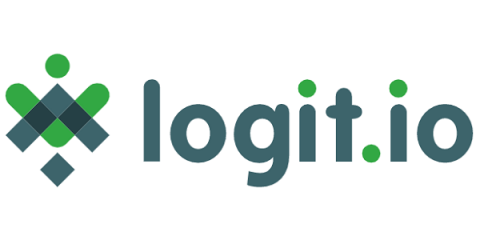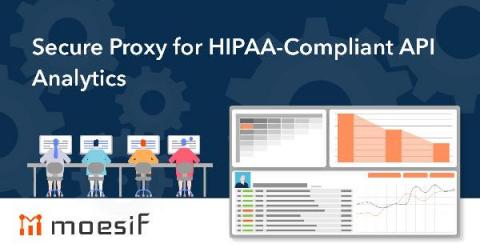Systems | Development | Analytics | API | Testing
Healthcare
Dimagi implements Passerelle Data Rocket to accelerate state and local COVID-19 response
Frontline healthcare providers don’t always have access to the latest and greatest technology. But when they are trying to fight a global pandemic with pen-and-paper tracking systems, something has to change. Dimagi is a tech company on a mission: to deliver scalable digital solutions for organizations to amplify their frontline impact.
How to Handle HIPAA Concerns With Cloud Data Warehouses
How to use a cloud data warehouse to achieve HIPPA compliance, reduce risk and offload some of the operational burden. How do you balance an accessible data warehouse with data protection and HIPAA Compliance? To get the most value from your data, it should be available to everyone in your organization who can benefit from the data analysis, insights and value it holds.
Accelerate Offloading to Cloudera Data Warehouse (CDW) with Procedural SQL Support
Did you know Cloudera customers, such as SMG and Geisinger, offloaded their legacy DW environment to Cloudera Data Warehouse (CDW) to take advantage of CDW’s modern architecture and best-in-class performance? In addition to substantial cost savings upon moving to CDW, Geisinger is also able to search through hundreds of million patient note records in seconds providing better treatment to their patients.
Four Industries That Will Be Disrupted by AI in 2021
With the never-ending potential of technology to disrupt everyday processes, more and more industries are deciding to adapt to one exciting area of innovation today: artificial intelligence (AI). In fact, Global Industry Analysts Inc. predicts that AI will be worth 164.03 billion GBP by 2026, and here, we look at four industries set to be disrupted by AI. Since the healthcare sector collects and greatly depends on personal data from their patients, AI will play a crucial role in data management.
Privacy & Security Rules for Healthcare Marketers
The Ultimate Guide to HIPAA
Beyond Vaccinations: 3 COVID-19 Lessons for Tomorrow's Workplace
Creating a healthy workplace is not just the right thing to do for employees. It’s also essential to a successful business. Healthcare costs associated with employee illness were staggering even before the COVID-19 pandemic. In a recent study, the Integrated Benefits Institute estimated that US employers spent over half a trillion dollars ($575 billion) annually on poor employee health. Out of every dollar companies spent on healthcare, they lost $0.61 due to illness or injury.
The Official 2021 Checklist for HIPAA Compliance
Secure Proxy for HIPAA-Compliant API Analytics
In HeathTech apps, it’s often the case that you’re dealing with private or health-related data. This requires compliance with regulations, such as HIPAA in the United States. These regulations force you to handle sensitive data in a well-defined manner, so only specific people can read it, and if they do, it should be logged for later auditing.









